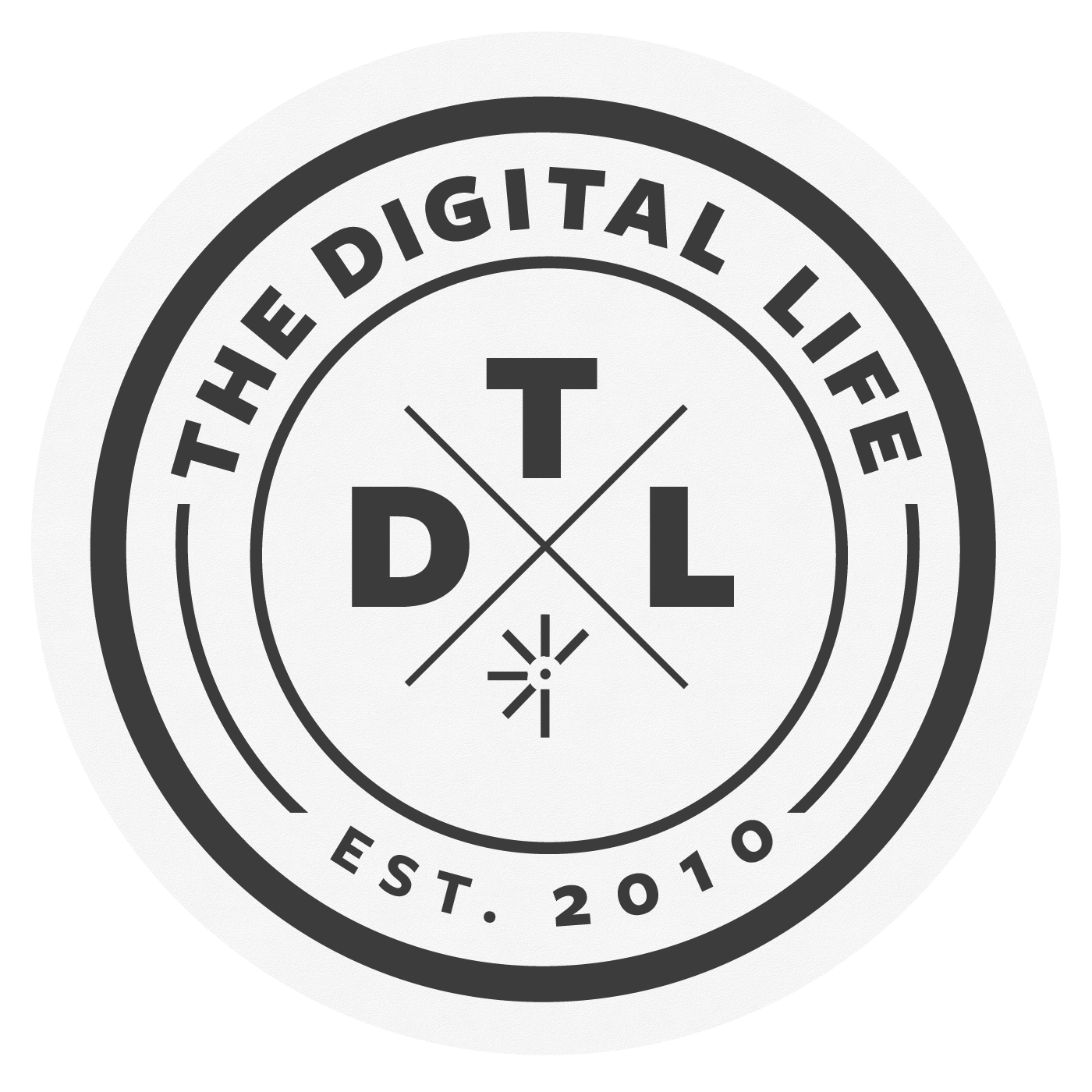Episode Summary
Across the United States, from New York to Los Angeles to Boston, there are a variety of new initiatives to develop Smart City services — using sensor technology and the Internet of Things to improve the quality of urban living. Examples of these initiatives range from well-coordinated transportation services using big data to reduce traffic congestion and save commuters time and fuel, to public safety and security services controlling police dispatch, municipal repairs, and even snow removal. In this episode of The Digital Life, we discuss the long-term implications of designing Smart Cities, and the potential pitfalls of such wide-ranging projects, as the digital infrastructure of our urban environment grows.
Here are a few quotes from this week's discussion.
Jon on Smart Cities and the broader impact on our planet's survival:
I think it's critical that we be able to figure out at least part of that puzzle, because we've got these pressing problems of energy consumption — for instance, cities are giant consumers of electricity, especially with office buildings. They're using lots and lots of power, using lots and lots of resources, water, for instance, sewage system, another example. And for all of these things, better coordination, better use of these resources, is going to be very important for our planet's survival.
Dirk on the potentital bureaucratic pitfalls of Smart Cities:
So you mentioned the expense of the Big Dig, and that was hugely over budget, right? I think by 2 or 3x, right? Not just 10% but some gigantic amount. I may be overstating it, or understating it, I'm not sure, but it's huge. When you're dealing with governments doing these big projects, you have those money issues, but I think more critically, you have time issues. What I mean by that is, luckily for the city of Boston, tunnel technology advances at a glacial pace. If you start a tunnel in 1990-whatever and finish it in 2000-whatever, it's still going to be acceptable. It's still going to be appropriate. If you have some big Smart City project and it takes you a decade to roll it out, the technology is going to have changed 3 or 4 or 5 or more times over over that time. You're already going to be outdated. The typical slow bureaucratic governmental processes of getting things done will almost certainly doom these projects to be these really odd situations, where you have cities that invest in all of this infrastructure and then it's already gone. It's already outdated.
